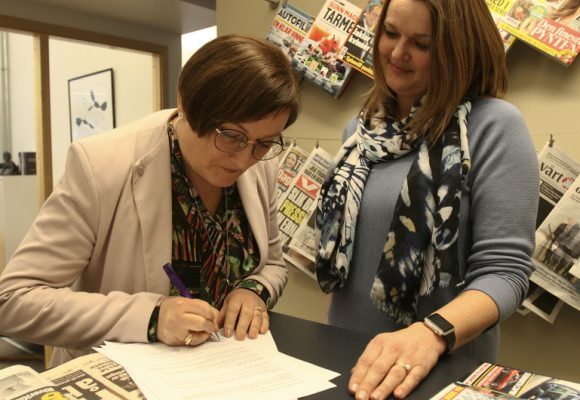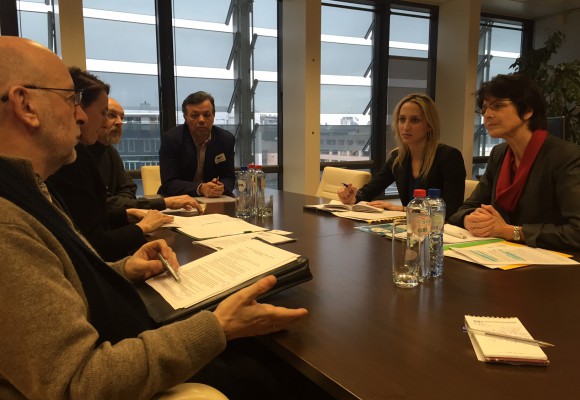International Women’s Day: More support for female journalists as Covid sets back gender equality
On 8 March International Women’s Day, the European Federation of Journalists (EFJ) calls for more vigorous actions to be made by governments and employers’ organisations to improve gender equality as the Covid crisis has deepened gender inequality. Members of the EFJ experts groups on labour rights and freelances have looked at the working conditions of journalists during this period and noticed that working-from-home and lockdown policy has had a much greater impact on female journalists. In Germany, according to a study from the Hans-Böckler Stiftung, women spend 1.7 hours more on work concerning family duties, since men tend to work…












